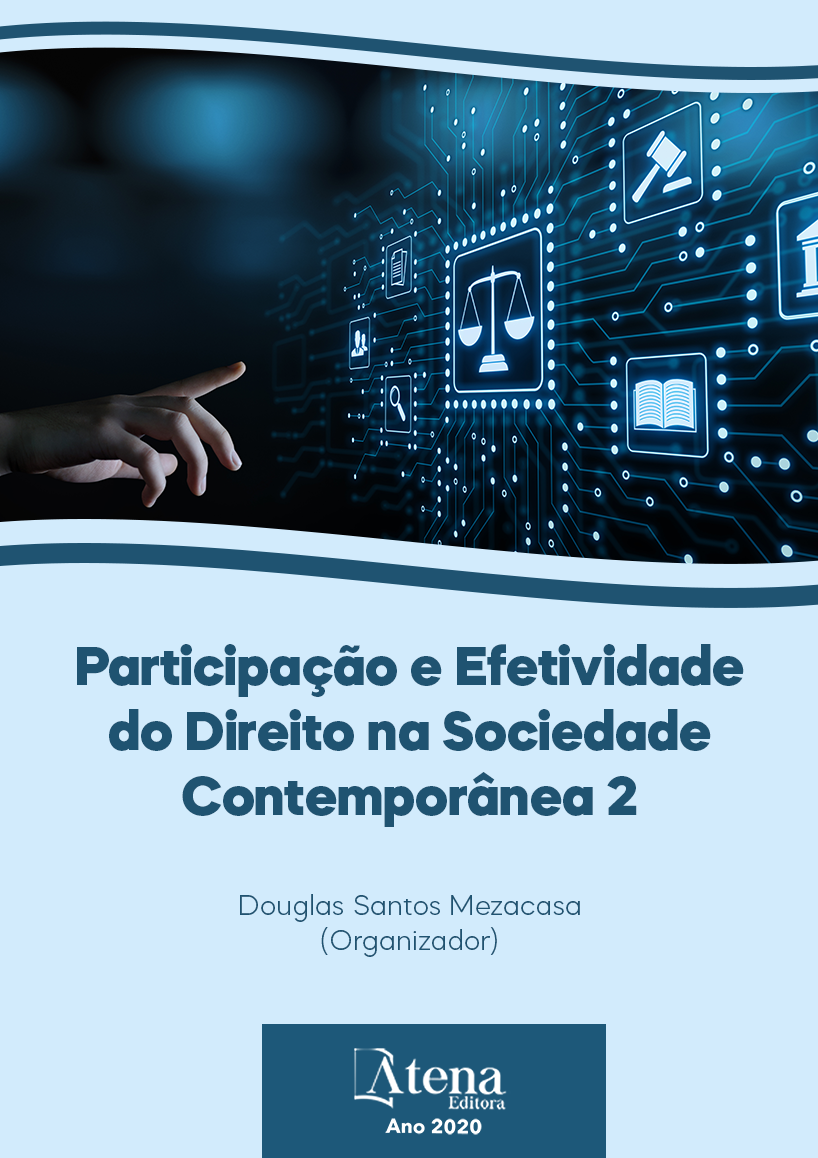
JUSTIÇA: breves concepções teóricas e aspirações populares
O ideal de justiça e suas definições são aspectos amplamente debatidos, sobretudo no que tange às matérias de cunho filosófico e social, destacando-se, em principal, o estudo jurídico. As referidas conceituações, contudo, têm sido abordadas sob diversos aspectos e acepções, relacionando-se, em muitos casos, à certa carga de subjetividade, culminando em definições distintas. Diante de tais particularidades, sobreleva-se a relevância de estudo do paralelo existente entre as concepções de justiça e respectiva efetivação compreendidas pelas população e as adotadas em âmbito estatal. Diante disso, a pesquisa tem por objetivo a análise de determinados conceitos teóricos do justo e da manifestação popular correspondente ao sentimento de justiça, com enfoque no paralelo existente entre a população e o Estado, bem como as consequências das divergências apresentadas, tanto no sentimento de insatisfação popular quanto na legitimação da autotutela. O método empregado para a pesquisa foi o dedutivo, tendo em vista a análise de um panorama geral objetivando a compreensão de pontos em específico, assim como a existência de premissas a serem refutadas ou confirmadas ao decorrer do texto. As bases do estudo encontraram-se no metodo dedutivo, com viés na dialética histórico-cultural, tendo como fonte a pesquisa bibliográfica, por meio obras, periódicos e a rede mundial de computadores. Nesse sentido, em decorrência do caráter amplo do objeto de pesquisa, relacionado à apectos sociais e subjetivos, torna-se inviável a apresentação de conclusões definitivas acerca do tema abordado, contudo, é possível observar inicialmente pontos de divergência entre a noção popular de justiça e a atuação do poder judiciário, enquanto poder estatal, bem como do Estado de forma ampla.
JUSTIÇA: breves concepções teóricas e aspirações populares
-
DOI: 10.22533/at.ed.2132019066
-
Palavras-chave: justiça, justiça popular e Poder Judiciário
-
Keywords: justice, popular justice and Judicial Power
-
Abstract:
The ideal of justice and its definitions are aspects widely debated, especially in concerns of philosophical and social subjects, emphasizing, mainly, the legal study. The referred conceptualizations, however, have been approached under several aspects and meanings, relating, in many cases, to a certain load of subjectivity, culminating in different definitions. Towards such particularities, the relevance of the parallel study extant between the conceptions of justice and respective effectuation understood by the population and the adopted in the State ambit emphasize. In the face of that, the research have as goal the analysis of certain theoretical concepts of the just and the popular manifestation correspondent to the feeling of justice, with focus on the extant parallel between the population and the State, as well as the consequences of the divergences presented, both in the feeling of popular dissatisfaction and in the legitimation of self-defense. The method used for the research was the deductive, observing the analysis of a general panorama aiming the comprehension of points in specific, as well as the existence of premises to be refuted or confirmed in the course of the text. The bases of the study were found in the deductive method, underneath the historical-cultural dialectic perspective, having as source the bibliographic research, through works, periodicals and the world wide web. In this sense, due to the wide character of the research object, related to social and subjective aspects, it becomes unfeasible the presentation of definitive conclusions on the approached matter, however, it is possible to initially observe points of divergence between the popular notion of justice and the acting of the Judicial Power, as state power, as well as the State widely
-
Número de páginas: 15
- Isael José Santana
- Beatriz Inácio Alves da Silva


